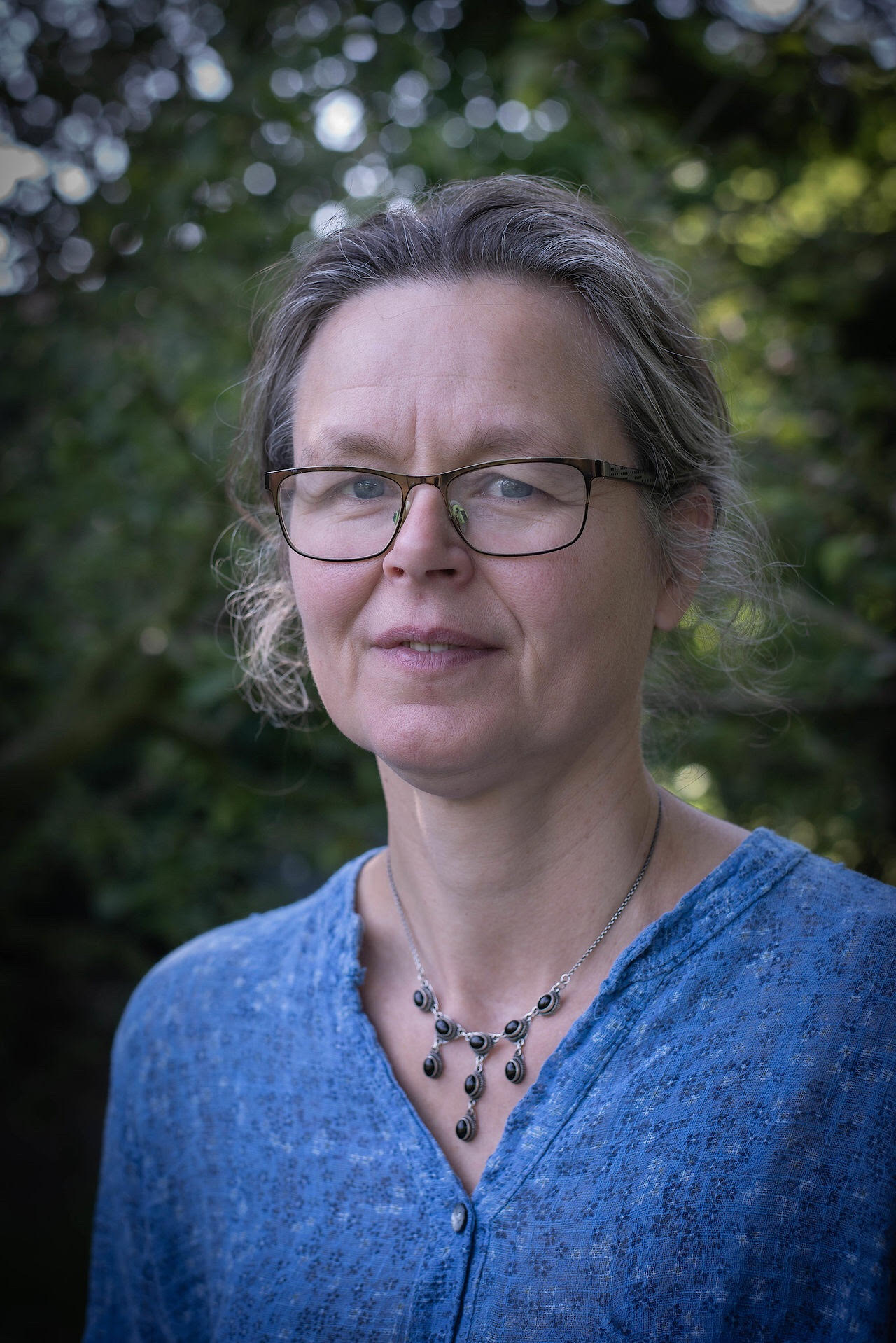The Economic Evaluation of Precision Medicine in Diabetes: Models and Approaches
Details
Standard economic evaluations, including cost-effectiveness and cost-utility studies present outcomes at the population level. Novel precision medicine strategies may ask for tailored approaches that use existing simulation models in a novel way, or even require adjustment of these simulation models. In the talk different examples of evaluations of precision medicine in Diabetes will be presented and discussed with the audience to gain insight into the possibilities and pitfalls of evaluating precision medicine interventions.
Learning objectives: Insight into approaches to evaluating prediction model-based treatment strategies in Diabetes; Compare supervised (prediction models) and unsupervised learning (K-means clustering) options as a way towards tailored treatment and gain insight into what we still need to know for full insight into their economic value.
Papers that will be discussed are:
A personalized screening strategy for diabetic retinopathy: a cost-effectiveness perspective
(https://link.springer.com/article/10.1007/s00125-020-05239-9 ) and
Potential Value of Identifying Type 2 Diabetes Subgroups for Guiding Intensive Treatment: A Comparison of Novel Data-Driven Clustering With Risk-Driven Subgroups. (https://diabetesjournals.org/care/article/46/7/1395/148825/Potential-Value-of-Identifying-Type-2-Diabetes)
Talitha Feenstra, PhD
Associate Professor of PharmacoEconomics
Groningen University, Faculty of Science and Engineering, Groningen Research Institute of Pharmacy
Talitha Feenstra is a health economist with a background in econometrics (CL). She works as Associate Professor of PharmacoEconomics at the University of Groningen and is affiliated to the Dutch National Institute for Public Health (RIVM). Her research focuses on economic evaluations in health care, specifically for supporting personalized care by precision medicine.
She investigates and develops the (patient level) simulation models that are used for these evaluations, with a special interest in model-validation, and studies how real world data can be applied within these evaluations.
She works in several areas of application, but mostly in Diabetes Mellitus and in mental health care. She has been an active member of the Mounthood Diabetes challenge network that performs cross model validations and is a member of the ISPOR Special Interest Group in open source modeling. She served in the committees for revisions of the Dutch Economic evaluation guidelines in 2016 and 2024. Furthermore, she cooperates local pharmacist associations, leading to applied work in the community pharmacy.
